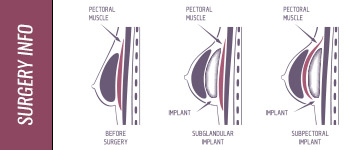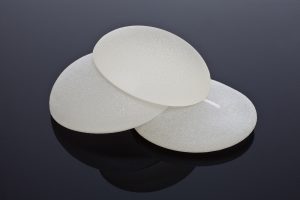When we turn to television, the main goal is to be entertained. Sure, there are educational programs out there, but they’re edited in a way to keep us watching. Reality TV is certainly in the realm of entertainment. Tuning in to see people either relish their fifteen minutes of fame, or fail miserably, is incredibly popular. But what about reality shows that are about cosmetic surgery? While Nip/Tuck takes a fictional stab at cosmetic surgery, there are shows that are “real.”
The Swan and Dr. 90210 come to mind, giving viewers a slick and glossy glimpse of what can be done in an hour of television (even though the reality is weeks of consultation and recovery). Then there was the episode of Gene Simmons Family Jewels, where Gene and his common law wife, Shannon Tweed, let the cameras in to see them get cosmetic surgery at the same time (now that’s love – and entertainment). And let’s not forget that even PBS has shown cosmetic surgeons at work. But what does this do to viewers who see these painful looking procedures?
The Pain of Watching Procedures
Christie Brinkley, model and ex-wife of Billy Joel, recently confessed that she once thought about getting cosmetic surgery. However, seeing a cosmetic surgeon at work on TV turned her off of any procedure she was thinking about. And that’s certainly a valid reaction. If more people who were thinking about getting cosmetic surgery witnessed the actual procedures, how many of them would change their minds?
TV shows the “stars” of these reality cosmetic surgery shows thinking about the surgery, explaining why they want it, the procedure (sometimes), and then how they look after it’s completed. Very little time is dedicated to the recovery process. Why?
Because recovery can take a couple of weeks. No one will watch that. Obviously. Because the actual surgeries can look unpleasant and no one wants to consider the pain they might be in after breast augmentation or a face lift. TV skips to the end result, without showing the reality. We don’t see our favorite stars go through the cutting and recovery. We see them recovered and looking happy with the results. If you see your favorite star getting blepharoplasty (eyelid surgery), and you’ve been thinking about getting some work done around your own eyes, are you going to focus on the actual procedure or only the end result? Do you feel Gene Simmons’ pain, or do you feel his joy?
Fast-forward to the Good Stuff
Your cosmetic surgeon should let you know exactly what is involved with your procedure, meaning the details. But it doesn’t seem real until you’re actually getting it done, as though the cosmetic surgeon might as well be talking about someone else. While cosmetic surgeons will anesthetize patients for major procedures, and they wake up later in a recovery room, the main concern is usually how it will all look once the swelling has gone down, and not the details of the procedure. But if you could watch someone else have it before you have it yourself, would your reaction be to jump up and run screaming out of the operating room?
The whole reason people get cosmetic surgery is to change something about their appearance. Thinking about the details or the soreness in recovery isn’t what causes increasing numbers of people to visit their local cosmetic surgeon. Furthermore, seeing someone on TV go through a cosmetic procedure isn’t going to be just entertainment to those thinking about doing the same. It’s going to be, “Gee whiz, is that really what they’ll do to me?”
What’s the Point?
The point here is not to tell you to go watch some cosmetic surgery procedure that you might be interested in getting, but to get you to consider more than just the before and after. Consider the middle. You aren’t going to look perfect right away if your surgery is one of the major procedures. You’re going to probably be uncomfortable for a few days to a couple of weeks. These are all things you can discuss with an experienced cosmetic surgeon. They should allay any fears you have. Just focus on the good. And turn off the TV.





Leave a Reply